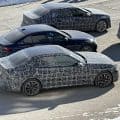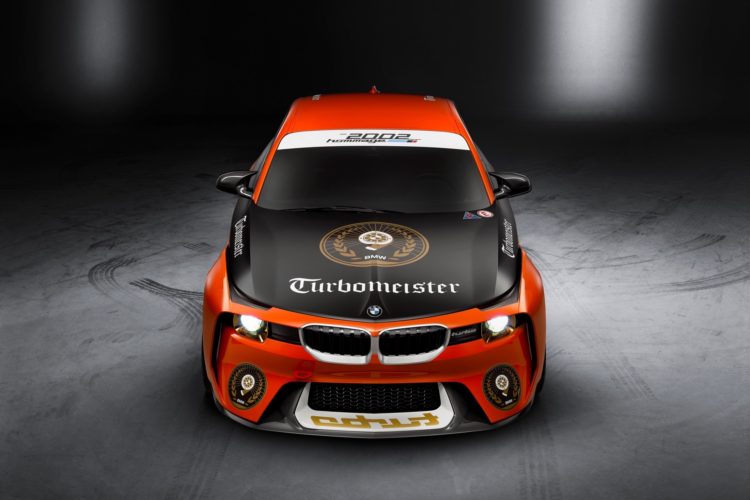BMW sold 368,523 electric cars in 2024 when deliveries of zero-emission vehicles rose by 11.6% compared to the previous year. This allowed the Bavarian luxury brand to outsell Mercedes and Audi combined in terms of EVs. The three-pointed star shipped only 185,100 cars without a combustion engine, down 23% from 2023. The company with the four rings delivered 164,000 EVs, a drop of 8% from the previous year.
How did it happen? The company’s development boss believes a uniform design is key to EV sales success. Speaking with Automotive News, Frank Weber explained that BMW learned from dealers and customers how appreciative they are of the cohesive design language within a model’s family. Internal studies showed that people prefer electric cars that resemble their gas-powered counterparts.
Audi and Mercedes took different approaches by utilizing separate platforms for EVs and giving them distinct designs. With the Neue Klasse, BMW is about to launch its first dedicated electric car architecture. However, it has already promised future gas and electric cars will look nearly identical, deciding to stick to the current strategy.
As illustrated above, we’ve seen spy shots of the i3 sedan and next-generation 3 Series prototypes. The test vehicles shared most of the design cues, although some of the finer details could be hiding under the disguise. Logic tells us it’ll be the same story with the iX5, iX6, and iX7. That’s especially true since they’ll use the same CLAR platform as the next X5, X6, and X7 with conventional drivetrains.
In a recent interview with BMWBLOG, BMW Group design chief Adrian van Hooydonk told us how strikingly similar future ICEs and EVs will be. However, he did mention that bespoke electric cars will have shorter front sections because they do not need a long nose to fit a combustion engine. Other than that, the cars are going to look very much alike.
The sales numbers show that this strategy is paying off, so BMW has no reason to change its winning recipe.
Source: Automotive News






































































